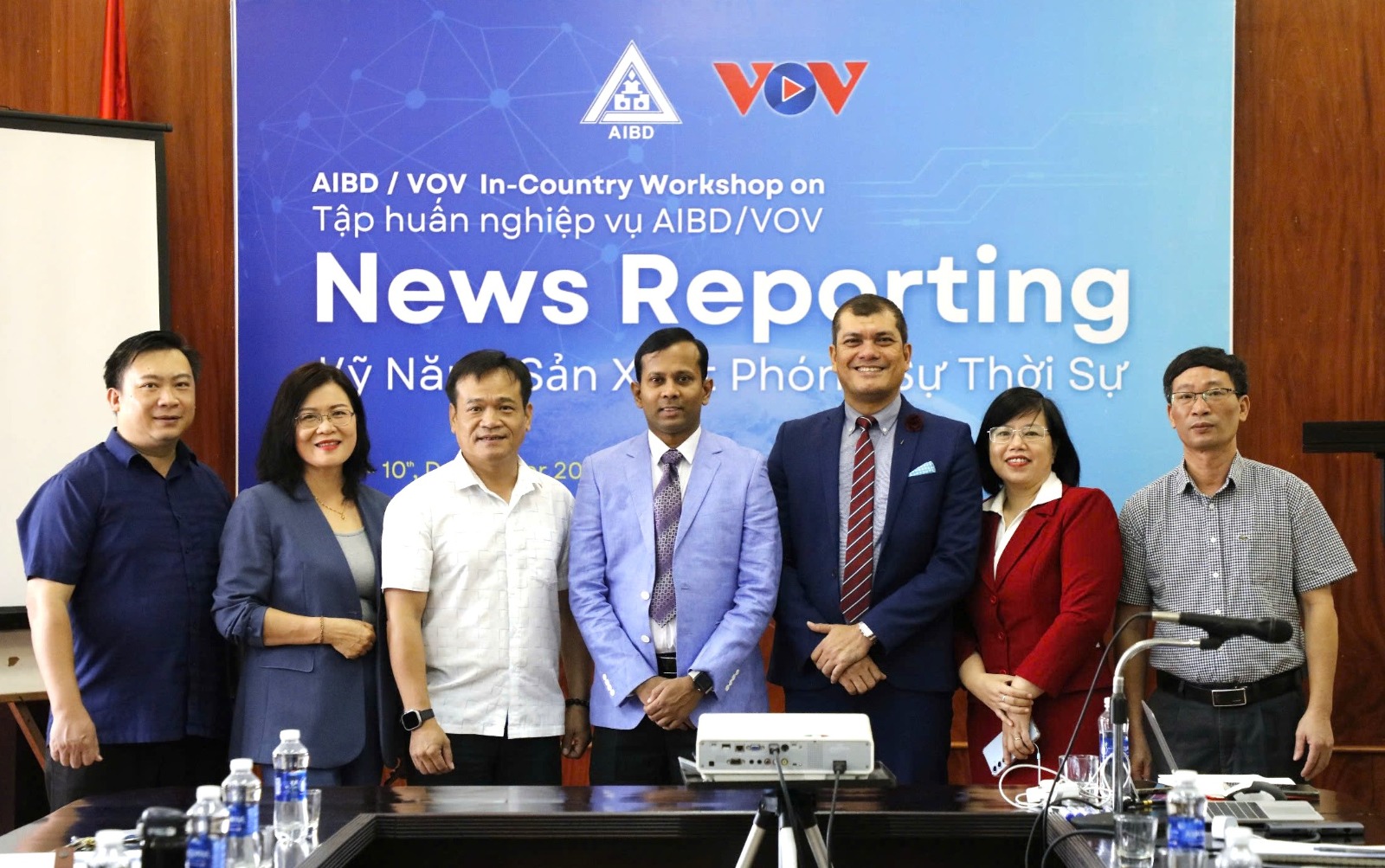AIBD Supports More Women Participation in Media
UNESCO has urged broadcasters to put more focus on allowing greater women participation in media and on ensuring the safety of working journalists in Asia-Pacific.
A 2015 study by UNESCO, International Federation of Journalists and UN Woman shows that only 28% of women belong to the media workforce and much less at the decision-making level in the region.
On safety of journalists, UNESCO data indicates that a working journalist is killed every week and 90% of the crime is left unpunished.
UNESCO has urged broadcasters to put more focus on allowing greater women participation in media and on ensuring the safety of working journalists in Asia-Pacific.
A 2015 study by UNESCO, International Federation of Journalists and UN Woman shows that only 28% of women belong to the media workforce and much less at the decision-making level in the region.
On safety of journalists, UNESCO data indicates that a working journalist is killed every week and 90% of the crime is left unpunished.
Ms Misako Ito, Adviser in Communication and Information, UNESCO Asia-Pacific Regional Bureau, Bangkok, cited these challenges during the 14th AIBD General Conference held on 19 August 2015 in Chiang Mai, Thailand.
In her message, Ms Ito acknowledged the long-standing collaboration between UNESCO and AIBD in various projects and called for greater partnership to meet these challenges.
She said achieving gender equality in media is necessary to ensure a more inclusive and equitable society. It can also support media pluralism and diversity of media content.
She requested AIBD to celebrate every second of November, a day UNESCO designated to emphasise efforts to deal with the culture of impunity that remains a key reason for the continued killings of journalists.
Members from Bangladesh, Pakistan, Thailand and Indonesia endorsed the inclusion of greater gender equality and safety of journalists as part of the AIBD agenda, which the General Conference accepted and approved.
AIBD and UNESCO have worked on 15 broadcasting development projects in the region, ranging from training journalists to promoting best practices in broadcasting and the use of ICTs for strengthening citizen’s participation.





